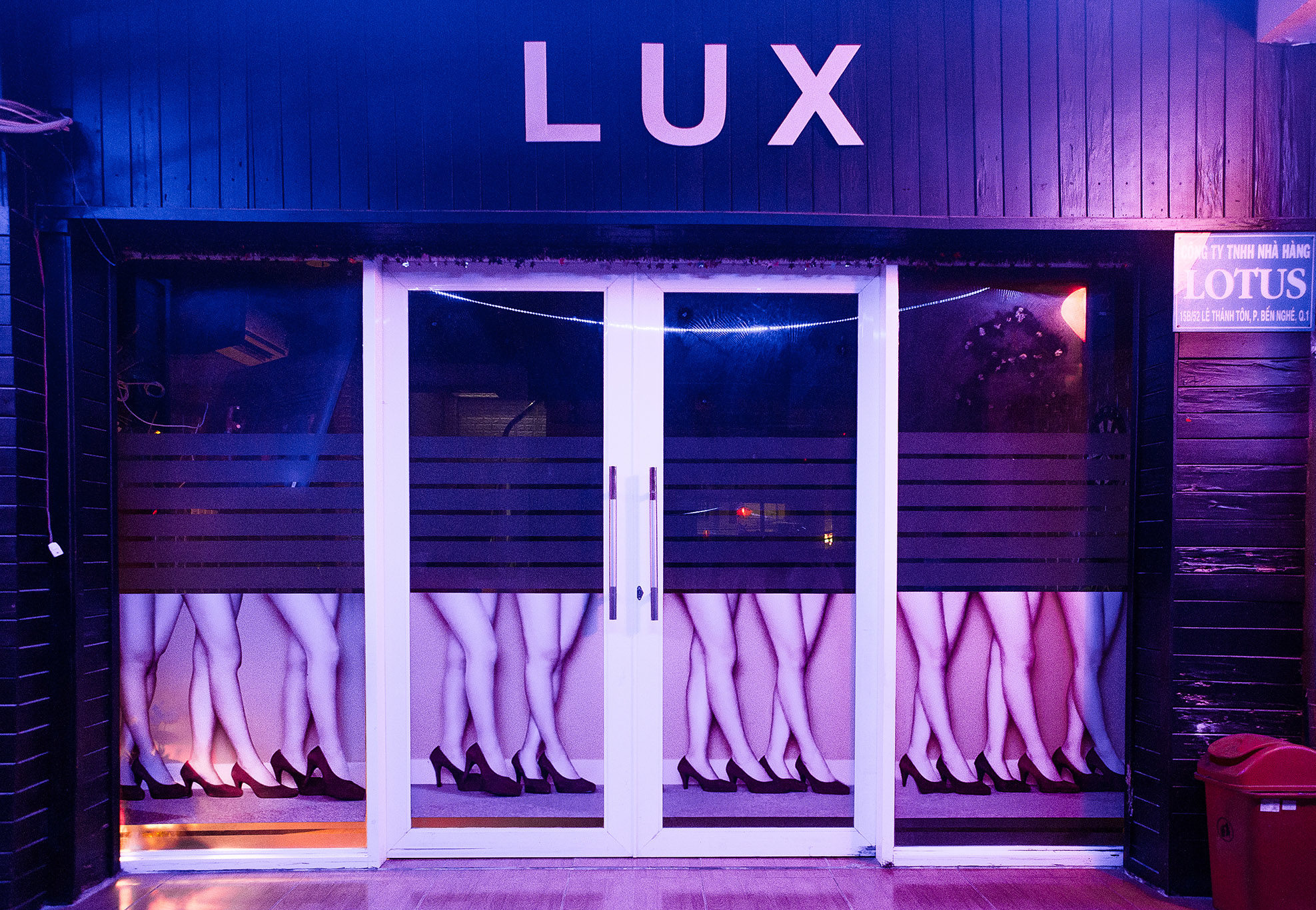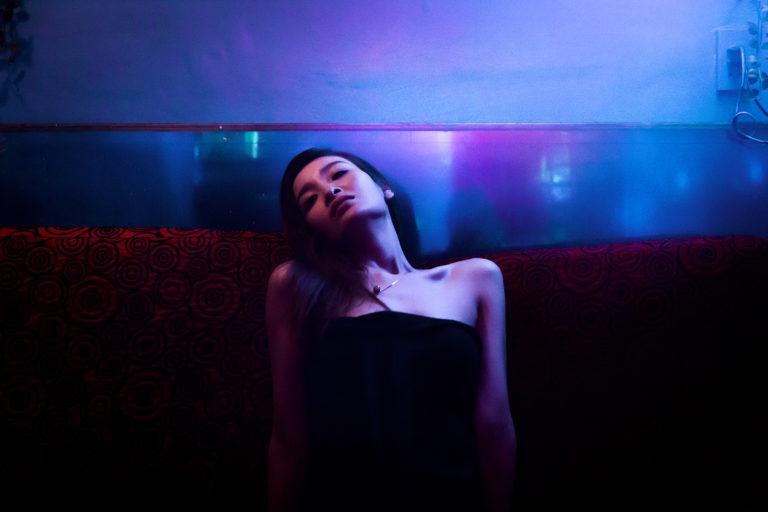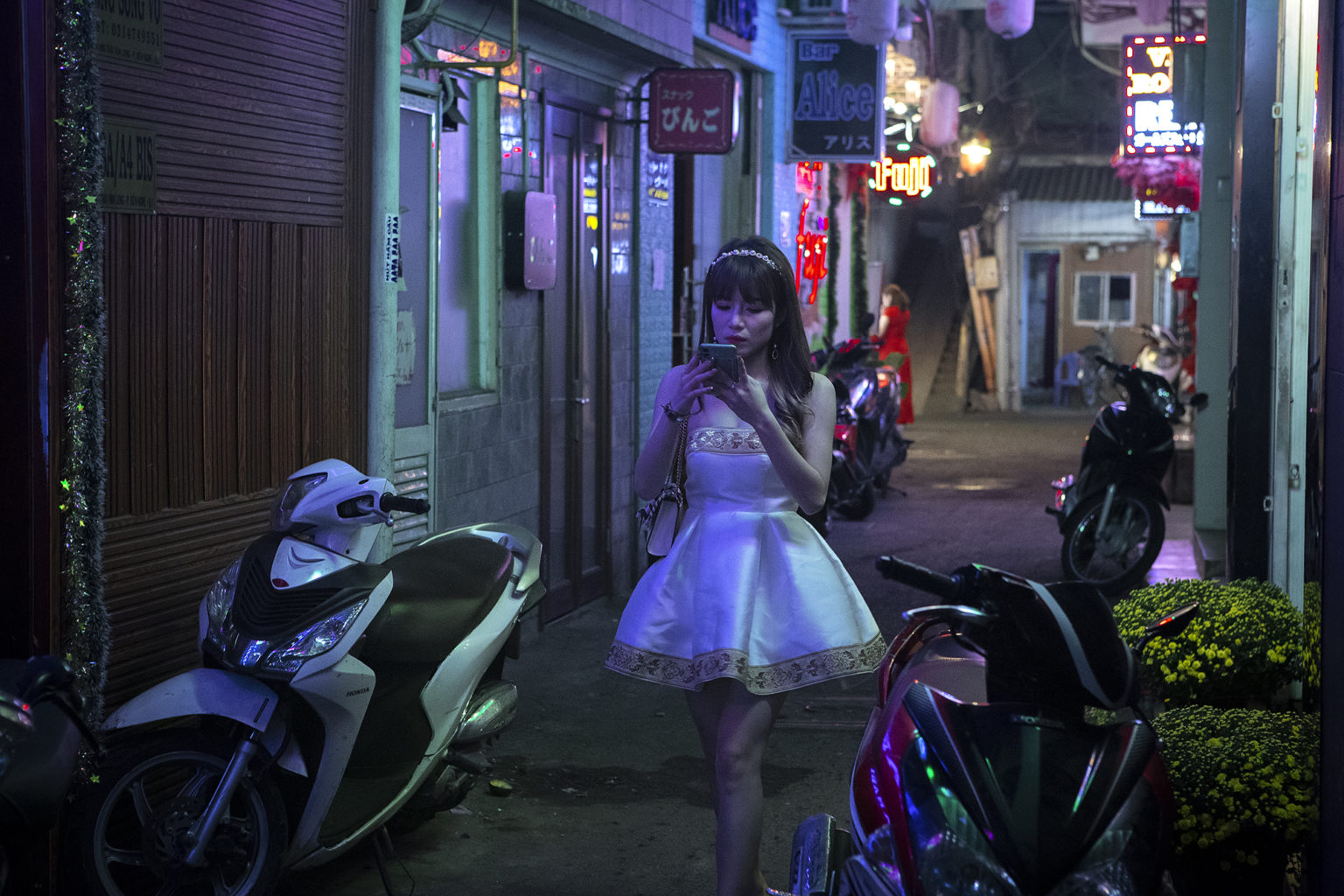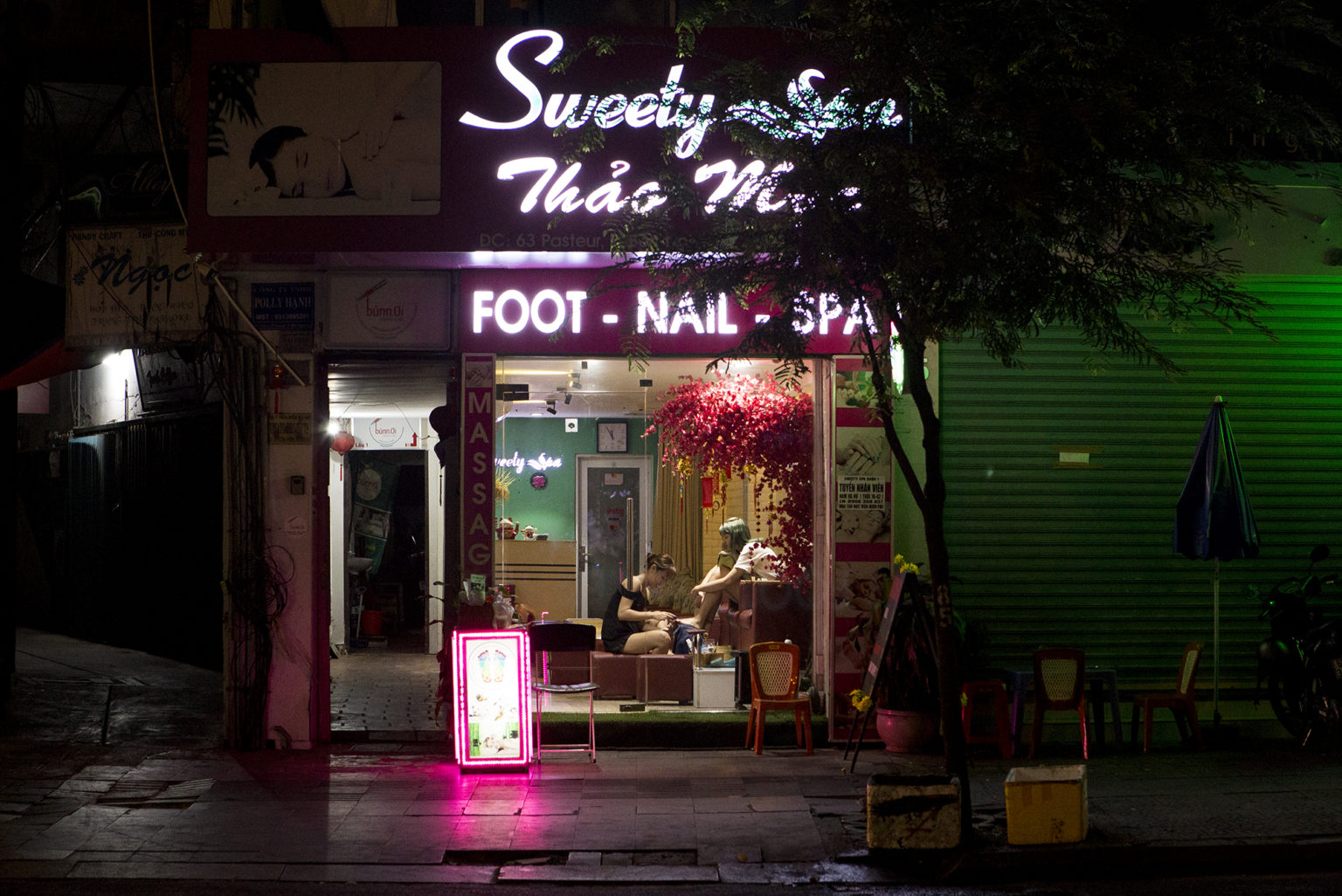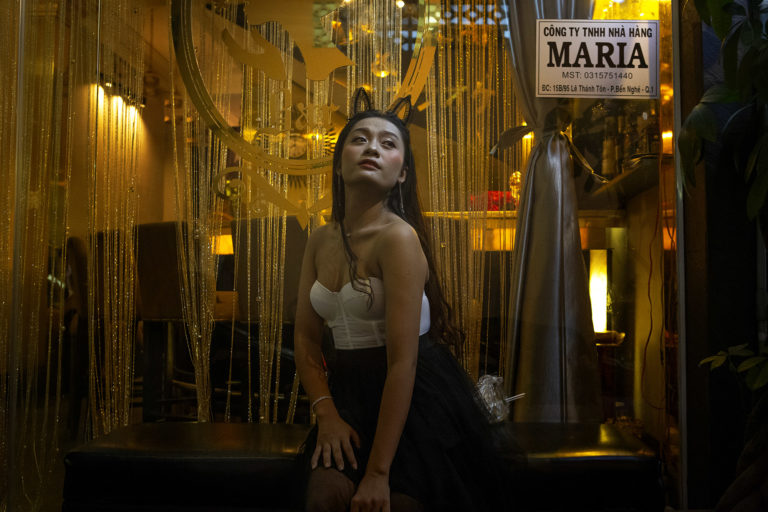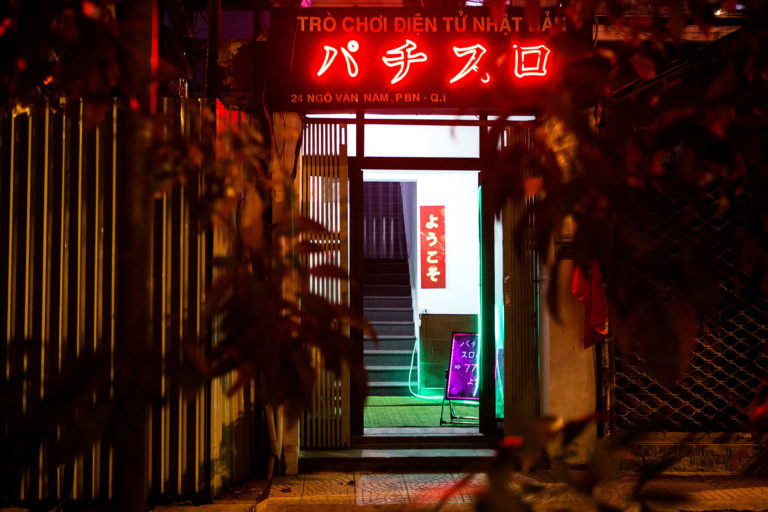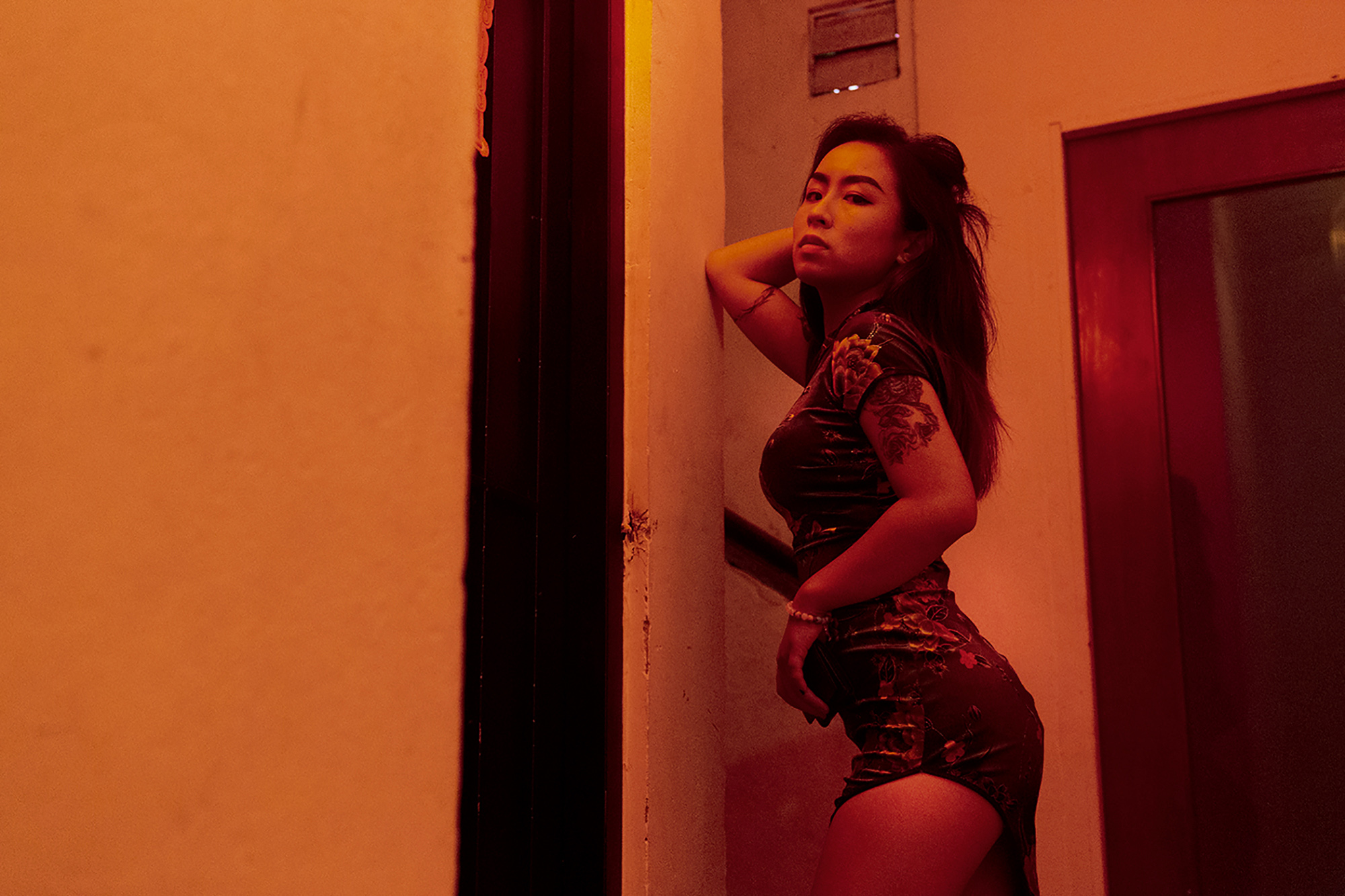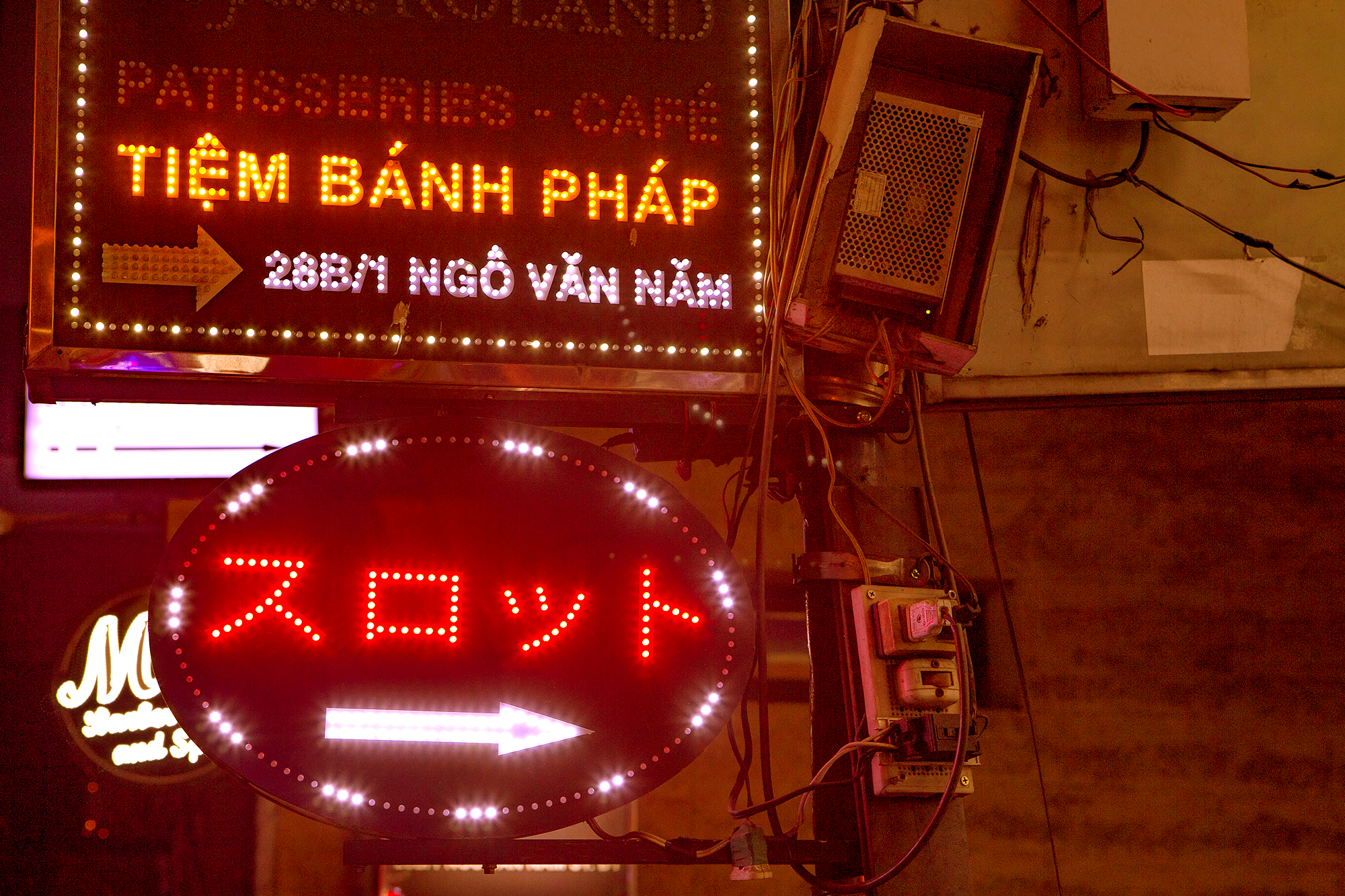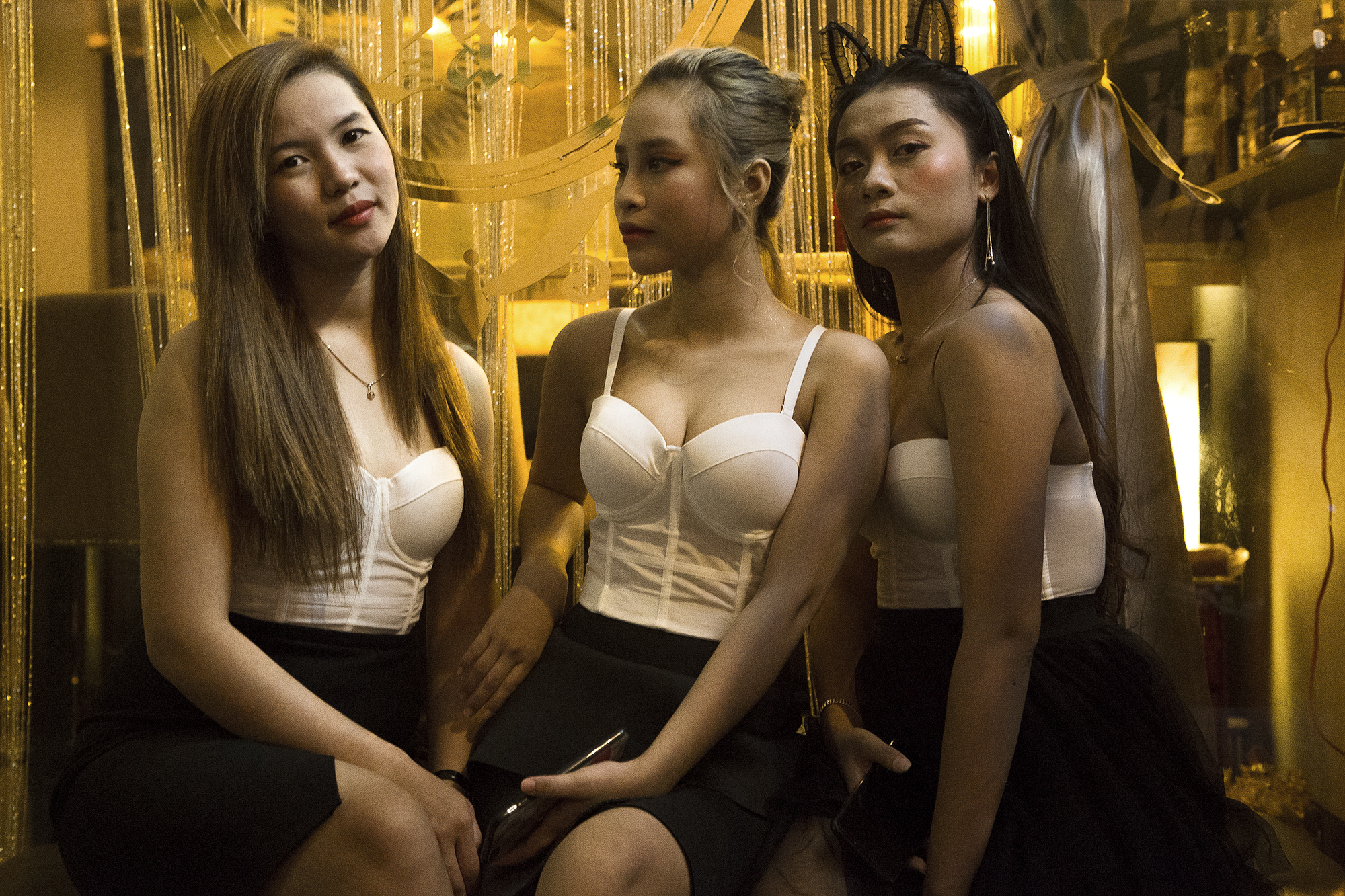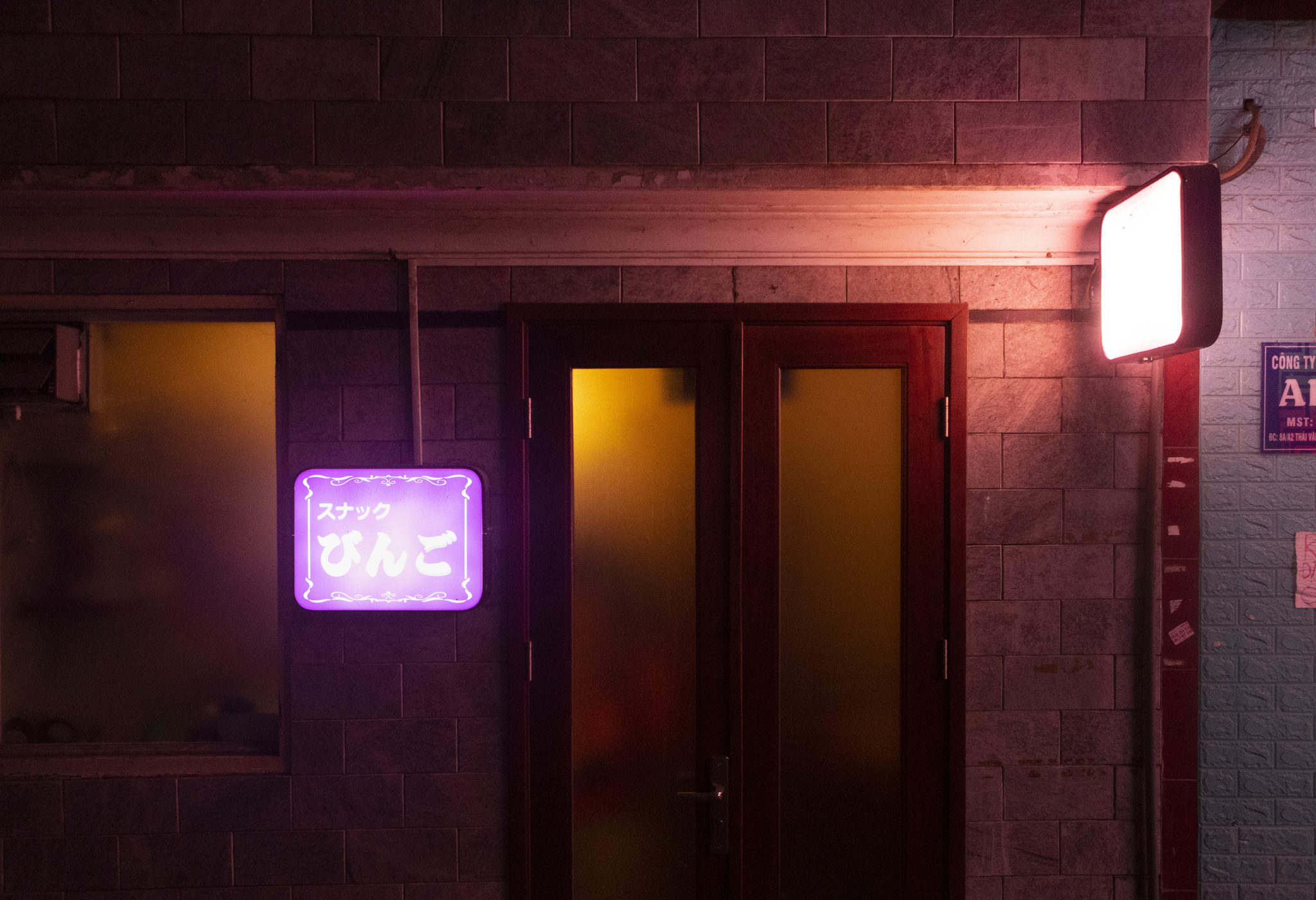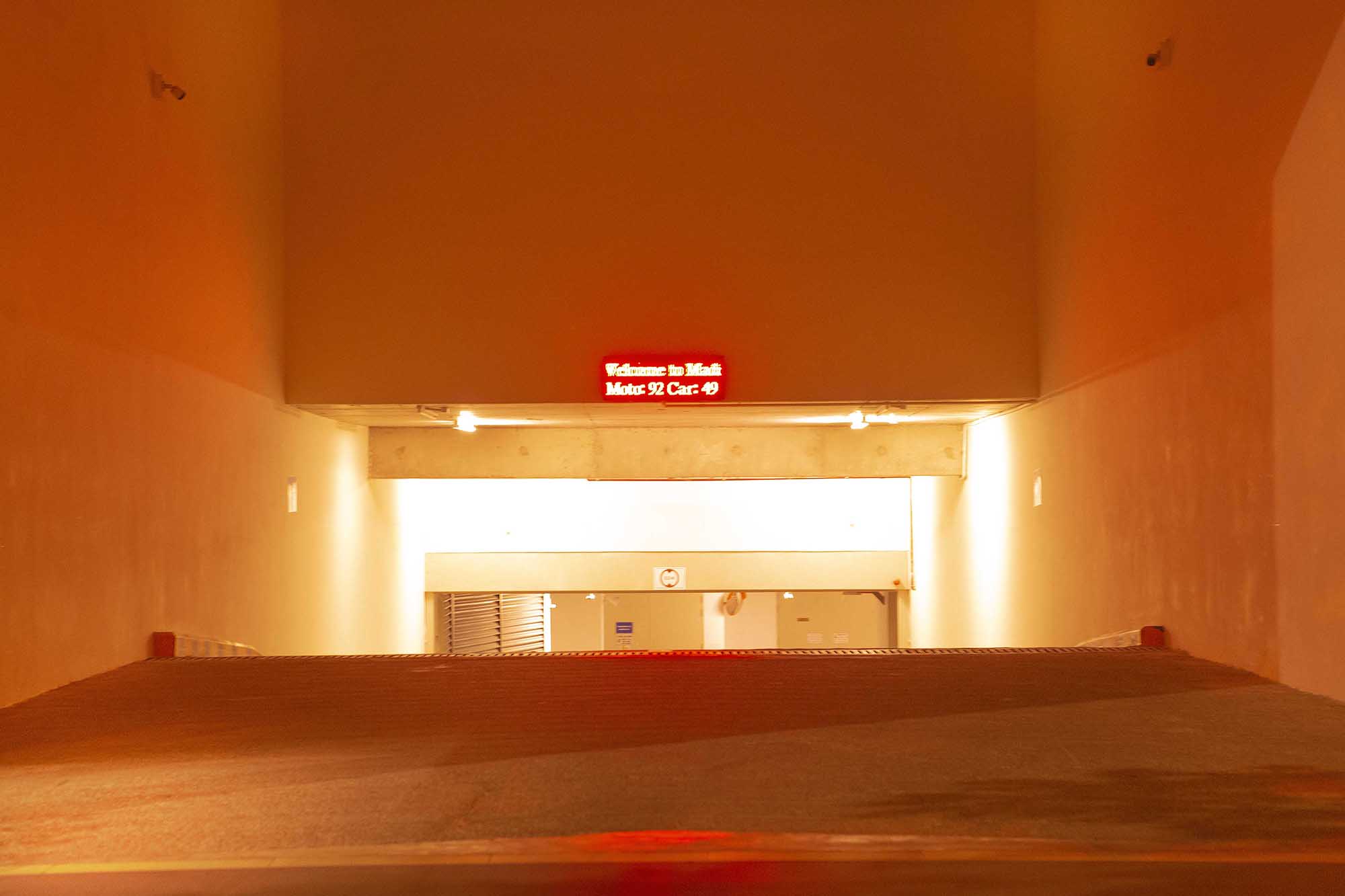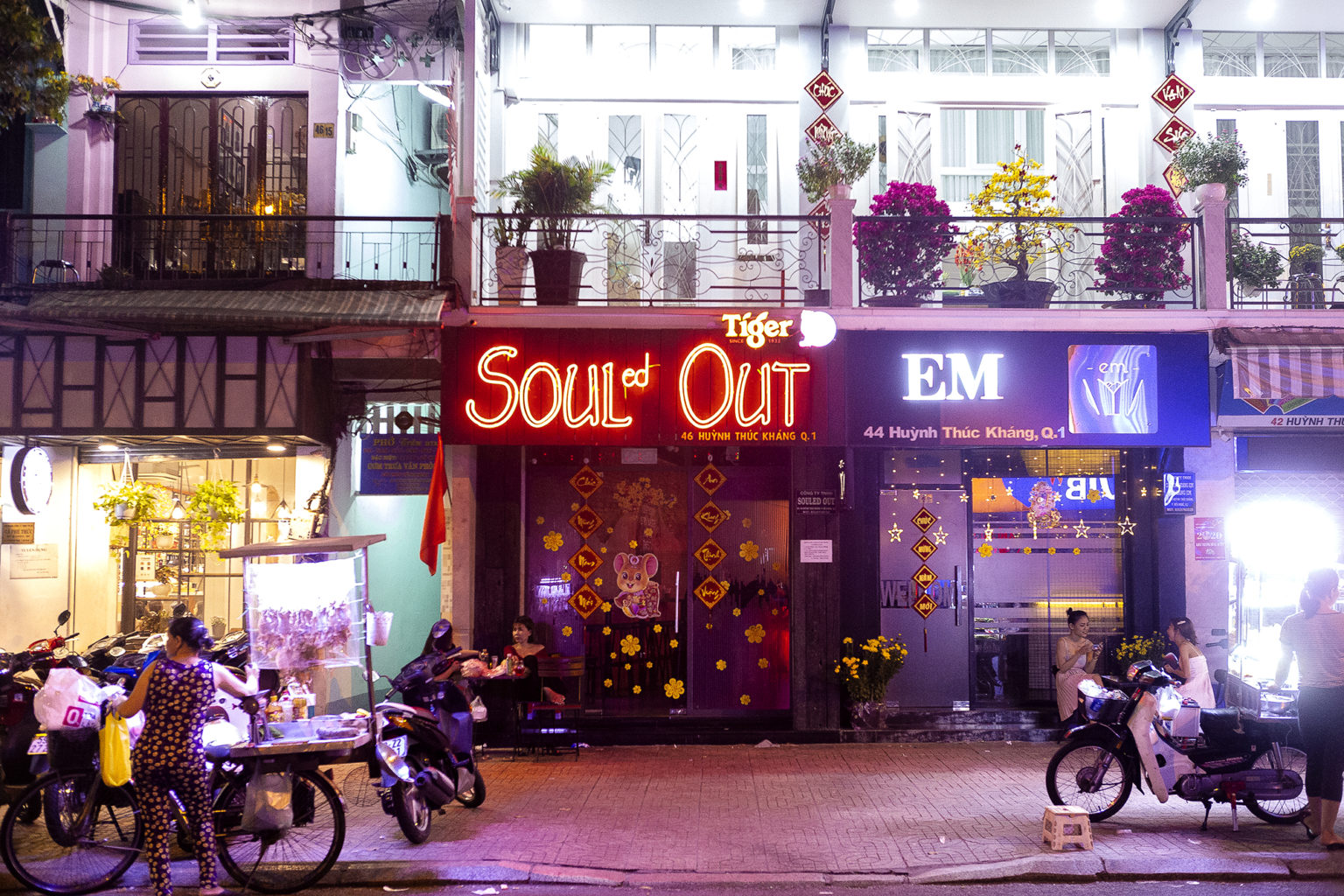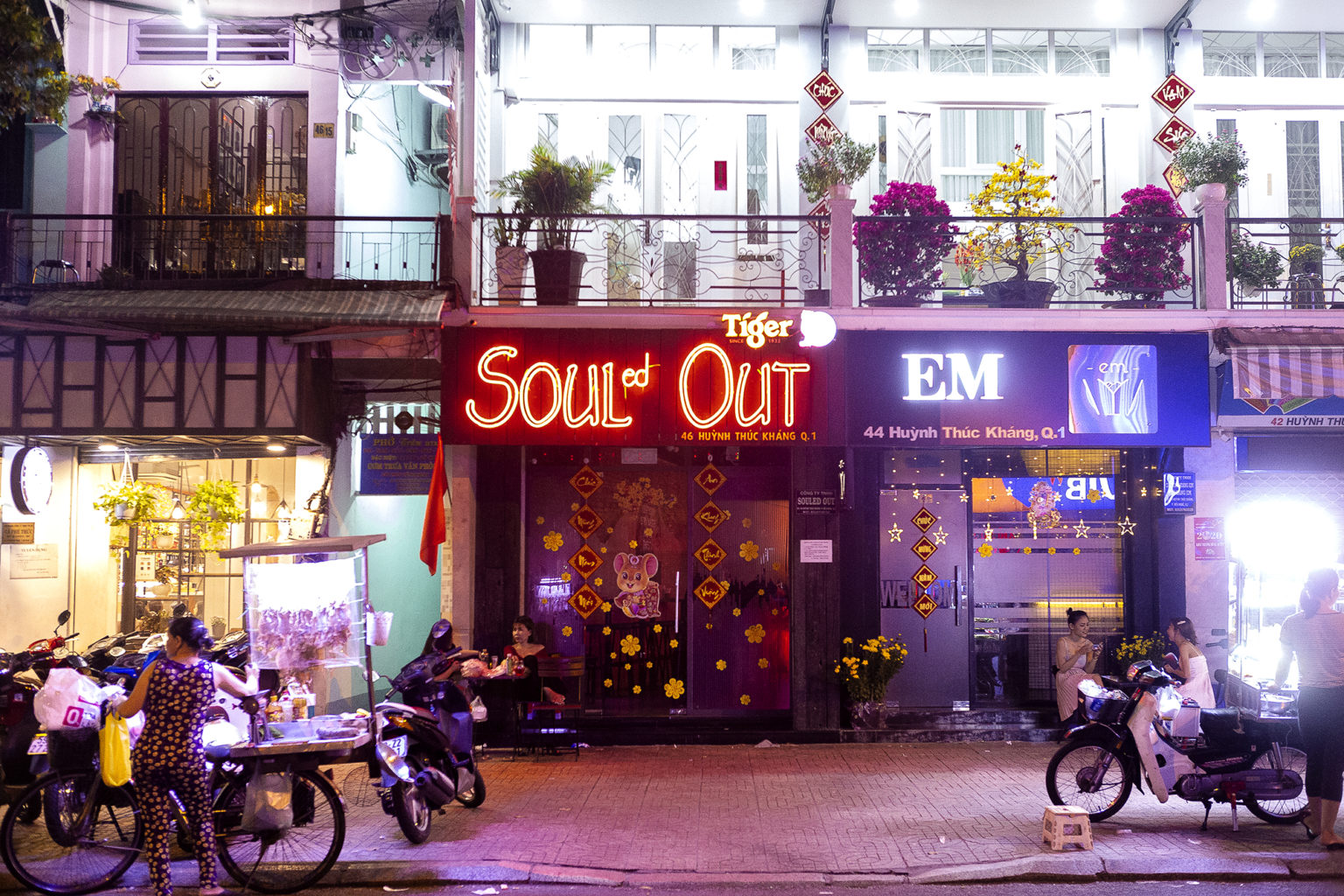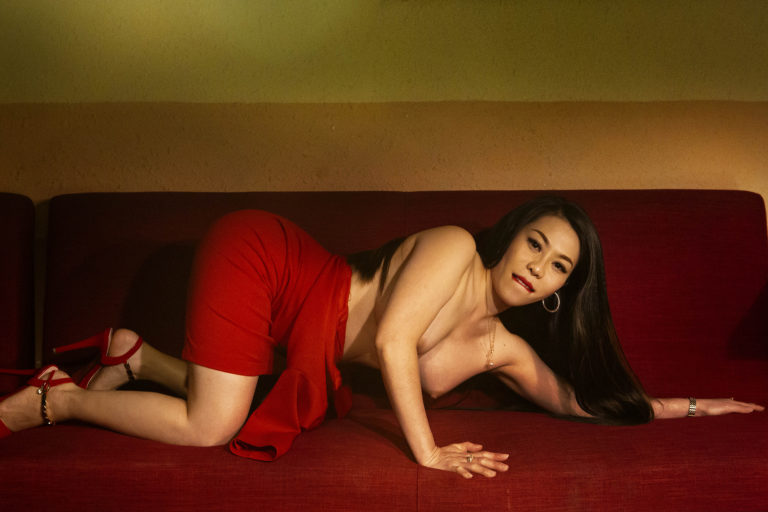Saigon, Japan
In 2011, Vietnam launched “Vietnam Tourism Development Strategy 2020”, an ambitious government-designed plan to make the tourism industry the main driver of the country’s economic growth. Over the past decade, as expected, Vietnam has positioned itself as one of Southeast Asia’s top destinations, opening up more to the world and transforming itself in the process.
Indeed, the quest for globalization and the rush to attract tourism have compelled the government to negotiate some of its most restrictive policies, particularly with regard to sex workers. Although sex work is illegal in Vietnam, in recent years the government has become rather tolerant, minimizing its pressure on workers and customers, encouraged by the controversial Thailand case. Considering that until 2013 Vietnamese sex workers were routinely arrested and deported to “rehabilitation” camps, the government’s new approach is certainly good news. However, this raises concerns about how it might evolve in the long term and the risk of Vietnam becoming the next Asian destination for sex tourism.
For now, the new attitude has led to an unexpected phenomenon that could result in a significant improvement in women’s rights. Sex workers have become increasingly eager to come out of the shadows and are now coming together to demand their rights, in the unprecedented bid to shake off a century of stigma. Their plea is loud and clear: to be officially recognized as legal workers by the government.
SAIGON, JAPAN was produced in Ho Chi Minh City, formerly Saigon, in the very heart of the unofficial red light district, also known as “Little Tokyo”. Over the past few years, this small neighborhood located downtown in the luxurious District 1, has been specially shaped to appeal to the tastes of expats and tourists, particularly Japanese, whose role as investors in the financial capital of Vietnam is crucial. The narrow streets of Little Tokyo are therefore full of sushi restaurants and different types of brothels, most of which are disguised as spas, karaoke bars or massage parlours.
By opening up and sharing their world, the women featured in this series make a self-empowering statement to voice their advocacy, exposing the hypocrisy and stigma around sex work in Vietnam and in most societies around the world.
The project was developed through January 2020, with photographer Marco Vernaschi, whose series can be seen here.
